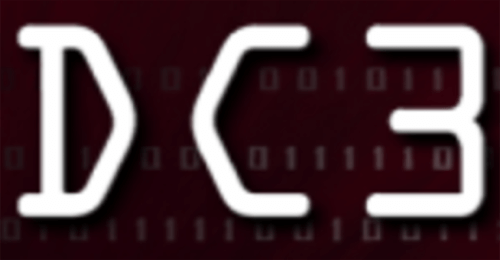If you fancy yourself a law enforcement computer forensics examiner, then you might want to sign up for this year’s Defense Department DC3 Challenge. There is no prize purse for winning, other than bragging rights and free passes to various computer security conferences, but it represents a unique public hacking challenge that has been going on for several years now. You have between now and the end of October to get your submission ready, and it will take a significant amount of effort to prepare your entry, just so you know.

DoD’s Cyber Crime Center (DC3, get it) usually gets several hundred teams competing from the national research labs around the country along with several university and privately-sponsored teams from around the world as well. Last year teams from more than 50 countries participated, and there are even were a couple of high school teams too. Each contest begins in late December, and there are bonus points awarded for early entries (you get an additional five percent added to your score if you file your entry before October 1, for example). The center is based outside of Washington, DC and has about 400 employees who work with a variety of military branches and other organizations to investigate various criminal activities that require digital evidence collection and understanding the sequence of events on online sites, hacking into government computing networks and other things.
The contest uses some of the same scenarios that digital forensics examiners experience in their daily jobs, such as analyzing the Windows registry, examining files to see if they have been tampered with, surveillance with Wifi hot spots, digging into encrypted hard drives and examining VMware memory dumps. As you go through each of the exercises, you are asked to show your work and develop tools that you can then use on more complex assignments. The whole challenge would make for a great college course on the subject, and indeed that is exactly what some colleges have done in their computer science departments. (Last year’s winning grad school entry came from a four-person team from the University of Texas San Antonio business college, for example.)
Last year’s grand champion was a South Korean team, and the best commercial team was a forensics consulting company based in Montana.

















